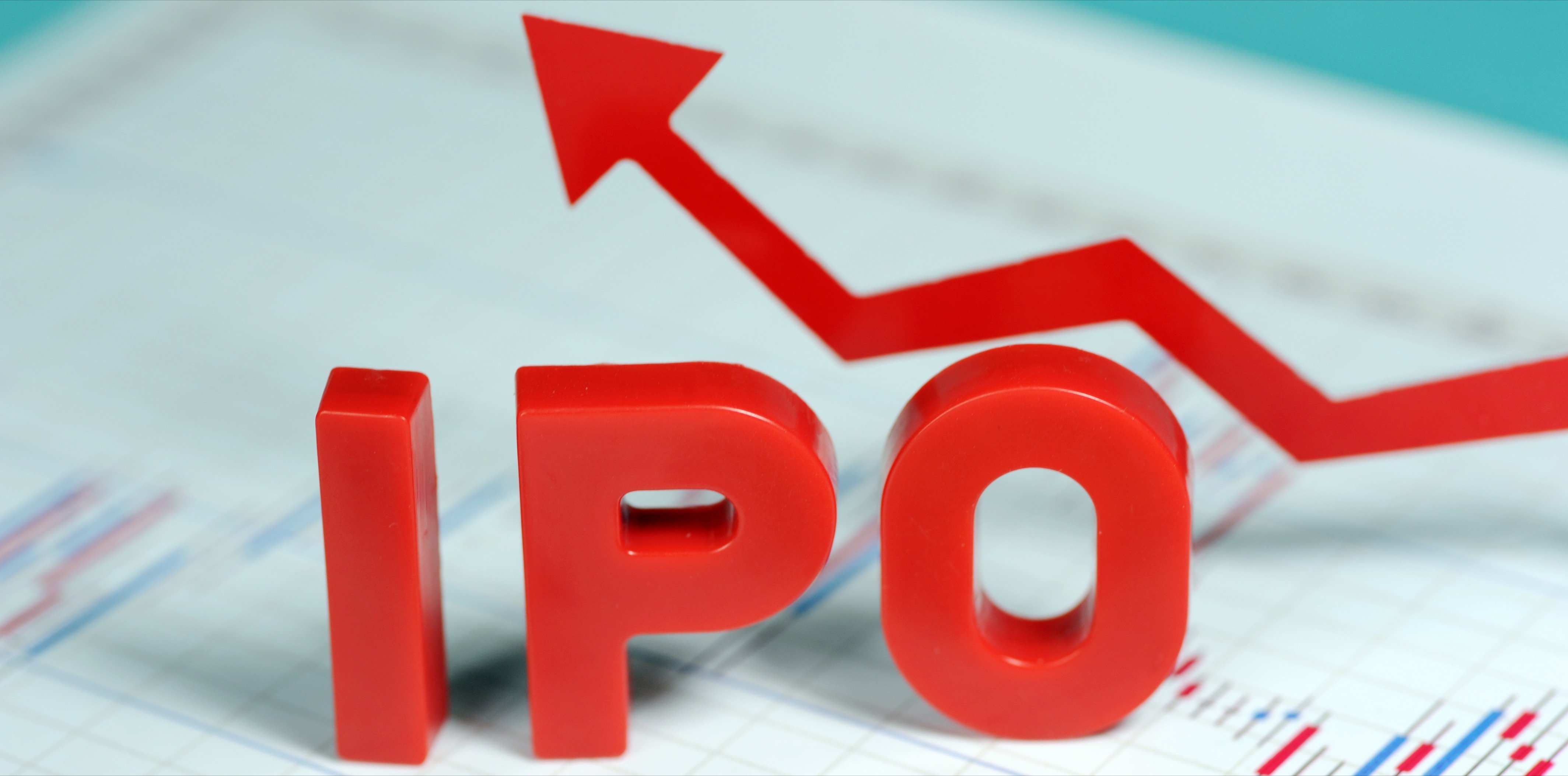
How to invest in IPO stocks
zhaoliang70 / Shutterstock
Updated: August 12, 2023
An essential guide to initial public offerings (IPO), how to buy new IPO stocks in Canada, and how to protect your portfolio.
IPOs can be incredibly exciting and extremely volatile investments. Early investors are hoping for a first-day jump in price – known as an IPO “pop” – whereby the shares are underpriced relative to what the market is willing to pay, and prices rise substantially on the first day of trading.
Historically, IPOs tend to play out this way. In 2020, 61 IPOs debuted in the U.S., and there’s been hype around Airbnb filing confidential IPO paperwork. An investor who put $1,000 into each of these companies at their IPO price would see their overall investment increase by 29% after just one day.
What are some upcoming IPOs and is investing in new IPO stocks a good idea? And how does the average investor buy and sell upcoming IPO stocks? In this article, we’ll help you learn how to invest in IPOs.
Start investing in IPO stocks with Questrade!How to buy and sell IPO stocks
When a private company goes public, it typically works with a bank to sell shares directly to institutional investors (pension funds, endowments, hedge funds). The rest of us retail investors have to wait until “IPO day” when the shares first start trading on a stock exchange. If you want to get in on the game, you can use an online brokerage that supports new issues of Canadian-listed stocks. Let’s look at the two most reputable in Canada:
Wealthsimple Trade (Commission-free stock trading app)
Wealthsimple Trade account currently does not have the capability for clients to directly participate in a company’s IPO, but clients can buy shares sold in an IPO once they begin publicly trading.

Canadian IPOs will have their shares appear in the Wealthsimple Trade app shortly after they begin public trading. U.S.-based IPOs will appear on the first day as well, provided the company meets eligibility criteria and has a market capitalization of $1 billion or more.
Start investing with Wealthsimple TradeQuestrade
Questrade clients can buy at the IPO price before it hits the larger market. The first step is to open a self-directed investing account, and then subscribe to Questrade’s IPO bulletin to stay informed about when new IPOs and secondary issues are announced. You can also use the online chat feature to speak with a representative about the process involved in IPO investing.

On Questrade, you can buy IPOs and new issues commission-free with a minimum $5,000 purchase. But before you go hog wild, temper your expectations! It’s unlikely you’ll get to buy at the IPO price on the stock – that goes to the early bird investors. Once the bell rings to open trading for the day, the action can be fast and furious, with prices quickly moving higher or lower throughout the day.
Start investing with QuestradeUpcoming IPOs
Rumours abound when it comes to IPOs, but talk doesn’t always translate into a public filing. For instance, Airbnb has been rumoured to go public for years and was reportedly close to filing IPO papers before the coronavirus pandemic shuttered most of their business. But Airbnb revenues returned in the summer, prompting the company to officially file to go public in August 2020. It’s aiming to raise $3 billion when its IPO launches in December.
Closer to home, Canada’s robo advisor darling Wealthsimple is rumoured to be close to filing for an IPO of its own. Wealthsimple was recently in talks with U.S. venture capital firms and hoping to raise $100 million in a deal that would put the company’s valuation at more than $1 billion.
Other rumoured IPOs in 2020 and 2021 include:
- DoorDash
- Robinhood
- Palantir
- Instacart
- Asana
- Unity Software
- Wish
- Bumble
Read more about our top IPO stocks to watch this year.
Snowflake IPO stocks
The cloud-based data company Snowflake Inc. (SNOW) went public this September in the largest software IPO in history. The California-based company had priced its IPO at $120 per share, but initial demand for the stock drove the price up to more than $300 per share on opening day, before closing at $254 per share. That’s a 112% increase (what a pop!).
The Snowflake IPO was an incredible success and one that the above-rumoured IPO companies hope to replicate when they finally do go public. Snowflake’s stock continues to perform well, proving its one-day surge was no fluke:

What you should know about IPOs before investing
Canadians should know that it’s tough to get in on the ground floor and invest in an IPO directly. We’re typically limited to buying on the opening day when the IPO stock starts trading.
That’s okay. There’s typically plenty of action occurring on IPO day – namely that historical 29% pop in same-day share prices.
You should also know that investing should be a long-term game, and so while it’s natural to get caught up in the hype of an initial public offering, especially with a company that you know and love, you shouldn’t bank on a big profit just because a company has gone public.
Resist the urge to put any more than 5% or so of your portfolio into any one stock in the first place, let alone one that’s unproven as a publicly-traded security.
The bulk of your investments should be held in low-cost, globally diversified index funds or ETFs. Investing in individual stocks exposes investors to a single security risk, or the risk of any one stock to lose money or go out of business. If too much of your portfolio is tied to any one single stock, your portfolio may be at risk and not earn the returns you were hoping for over the long term. Here are the top ETFs for Canadian investors to consider today.
Is an IPO a good investment?
While IPOs tend to pop on opening day, what’s the long-term track record once the hype has died down?
For the answer, we can look to the IPO ETF from Renaissance that trades on the NYSE. As you probably figured, the IPO ETF holds shares of top IPO stocks like Zoom, Uber, Moderna, Slack, Pinterest, Pelaton, Beyond Meat, and Lyft (to name a few of the 48 holdings).
IPO holds the top 80% of newly public companies based on full market capitalization and removes companies two years after their initial trade date.
IPO has posted a five-year annual rate of return of 11.28%. The returns sound terrific until you compare them to the S&P 500, which has posted annual returns of 14.15% over the same time period. Hmmm?
In summary, an IPO (depending on the stock) can be a great but highly volatile short-term investment. It can also be a strong long-term holding if the company’s fundamentals and earning potential prove to be strong. But you’re unlikely to join the company founders as the next millionaire or billionaire.
FAQs
Final thoughts
Investing in an IPO can be exciting and potentially quite profitable. It’s enjoyable to invest in a company that you’ve been following as a customer or a casual fan.
IPOs do tend to “pop” on opening day, but typically it’s company insiders and institutional investors who benefit the most from the initial price of the IPO.
However, everyday investors can invest in IPOs using a discount brokerage. Questrade allows clients to invest early in Canadian equity IPOs, and trade U.S. IPOs on opening day. Wealthsimple Trade account doesn’t allow for direct (early) participation in a company’s IPO, but clients can trade most Canadian and U.S. IPOs on opening day.
Beware of highly volatile price movements on IPO stocks, especially on the first day of trading. Only invest money that you can afford to lose – generally no more than 5% of your portfolio.
Eager to learn more? Learn about how to buy stocks and how to start investing online.

Robb Engen is a leading expert in the personal finance realm of Canada and is also the co-founder of Boomer & Echo, an award-winning personal finance blog.
Disclaimer
The content provided on Money.ca is information to help users become financially literate. It is neither tax nor legal advice, is not intended to be relied upon as a forecast, research or investment advice, and is not a recommendation, offer or solicitation to buy or sell any securities or to adopt any investment strategy. Tax, investment and all other decisions should be made, as appropriate, only with guidance from a qualified professional. We make no representation or warranty of any kind, either express or implied, with respect to the data provided, the timeliness thereof, the results to be obtained by the use thereof or any other matter. Advertisers are not responsible for the content of this site, including any editorials or reviews that may appear on this site. For complete and current information on any advertiser product, please visit their website.
†Terms and Conditions apply.





